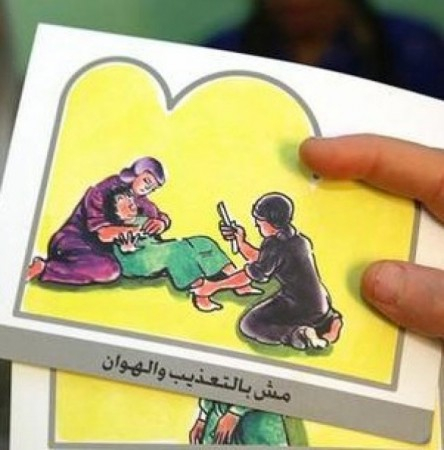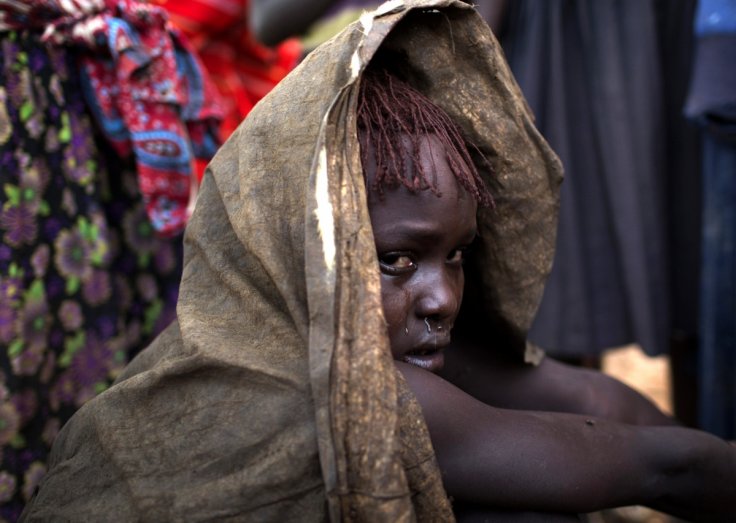The gruesome death of a 12-year-old girl in Egypt after she underwent a crude surgery to remove a part of her genitals has shone limelight on the practice of female genital mutilation (FGM), also known as female circumcision. Reports from Egypt said the operation was carried out by a retired doctor. Instances of young girls bleeding to death after undergoing the genitalia removal are not uncommon in parts of Africa, Asia and the Middle East.
The girl who died was from Assiut region and she underwent the surgery at a clinic. Authorities said the parents of the child and the doctors have been arrested. Female genital mutilation was outlawed in Egypt in 2008. But the practice is still rampant, especially in the rural areas. Nearly 75 percent of all FGMs happen at clinics. The death of a 17-year-old girl from complications resulting from FGM prompted the government to roll out stricter penalties.

FGM is the ritual removal of some or all of the external female genitalia. By WHO's definition, any kind of injury to the female genitals for non-medical reasons is categorised as female genital mutilation. The traditional circumcision is carried out by a blade and it is conducted in infancy or any time before puberty, sometimes even beyond that age limit.
Human rights advocates say the practice is rooted in gender inequality and is mostly done to control women's sexuality. Orthodox religious doctrines, most widely in Islam, promoted the practice as it was seen to curb a woman's sexual pleasure, thereby ensuring they remain 'pure'.
According to a 2016 survey conducted by UNICEF, as many as 87 percent of girls and women in Egypt between the ages of 15 and 49 have undergone female genital mutilation. A survey cited by France24 said some 40 percent of respondents said in 2014 that FGM prevents women from committing adultery. Men in rural areas in Egypt demand that their would-be brides are subjected to this barbaric practice, the report said.

Apart from complications from the crude surgery, women face issues like childbirth complications, anaemia, the formation of cysts and abscesses and keloid scar formation in the long run. They also suffer damage to the urethra resulting in urinary incontinence, dyspareunia (painful sexual intercourse), sexual dysfunction, hypersensitivity of the genital area and increased risk of HIV transmission, as well as psychological effects.
A UNICEF report said in 2018 that 200 million girls and women in the world are victims of female genital mutilation. They are from 20 countries, the report said. The report added that at least 68 million girls face horrors of FGM by 2030 unless the world takes decisive action.









